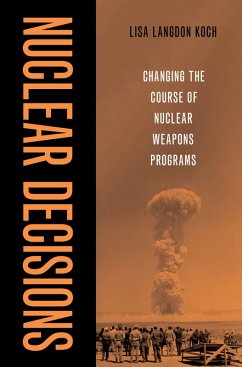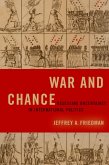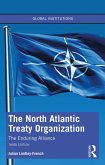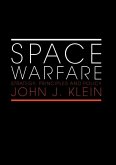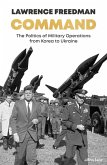Throughout the nuclear age, states have taken many different paths toward or away from nuclear weapons. These paths have been difficult to predict and cannot be explained simply by a stable or changing security environment. We can make sense of these paths by examining leaders' nuclear decisions. The political decisions state leaders make to accelerate or reverse progress toward nuclear weapons define each state's course. Whether or not a state ultimately acquires nuclear weapons depends to a large extent on those nuclear decisions. This book offers a novel theory of nuclear decision-making that identifies two mechanisms that shape leaders' understandings of the costs and benefits of their nuclear pursuits. The internal mechanism is the intervention of domestic experts in key scientific and military organizations. If the conditions are right, those experts may be able to influence a leader's nuclear decision-making. The external mechanism emerges from the structure and politics of the international system.
Nuclear Decisions:
Changing the Course of Nuclear Weapons Programs identifies three different proliferation eras, in which changes to international political and structural conditions have constrained or freed states pursuing nuclear weapons development. Scholars and practitioners alike will gain new insights from the fascinating case studies of nine states across the three eras. Through this global approach to studying nuclear proliferation, this book pushes back against the conventional wisdom that determined states pursue a straight path to the bomb. Instead, nuclear decisions define a state's nuclear pursuits.
Dieser Download kann aus rechtlichen Gründen nur mit Rechnungsadresse in A, B, BG, CY, CZ, D, DK, EW, E, FIN, F, GR, HR, H, IRL, I, LT, L, LR, M, NL, PL, P, R, S, SLO, SK ausgeliefert werden.

